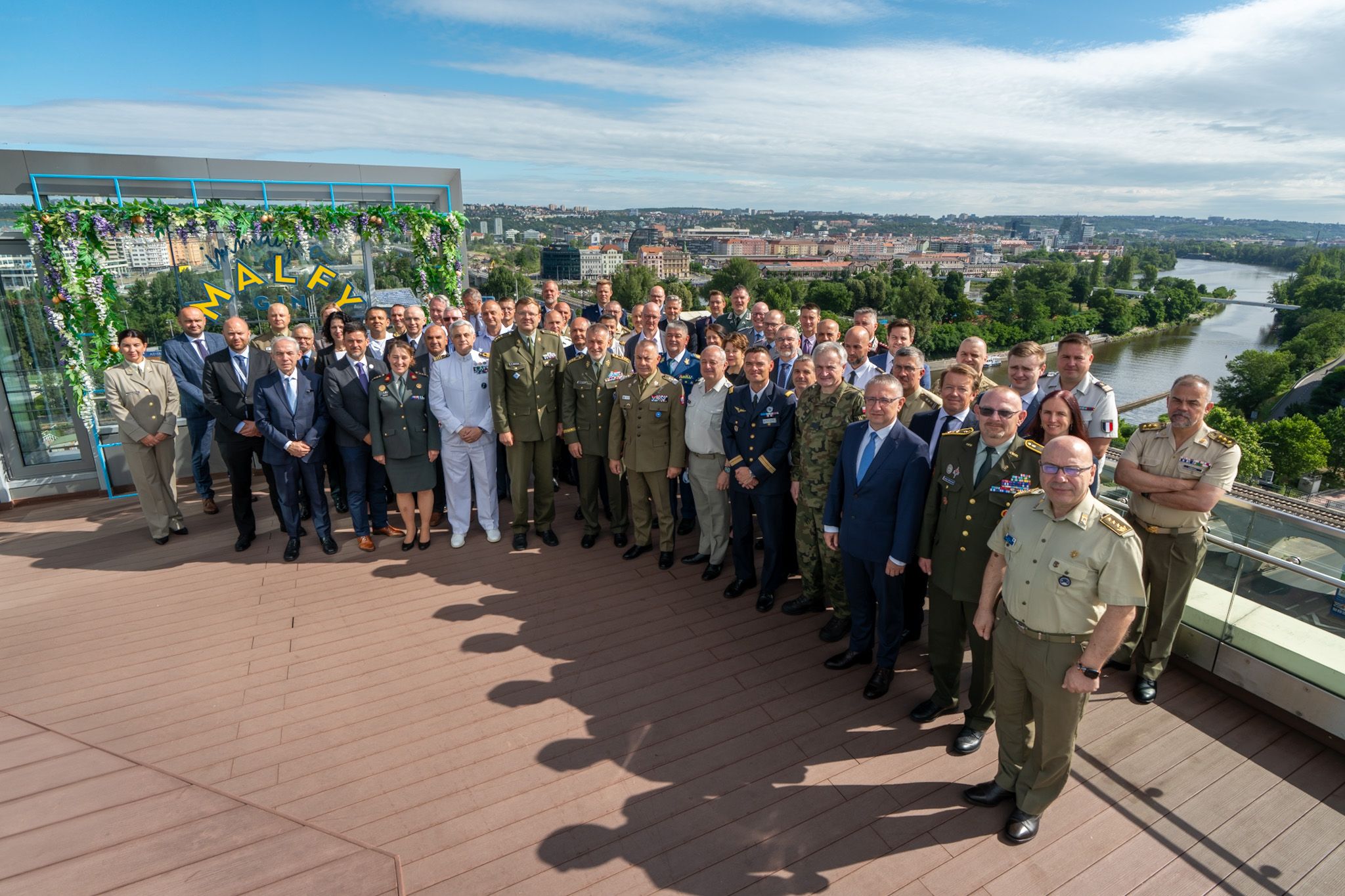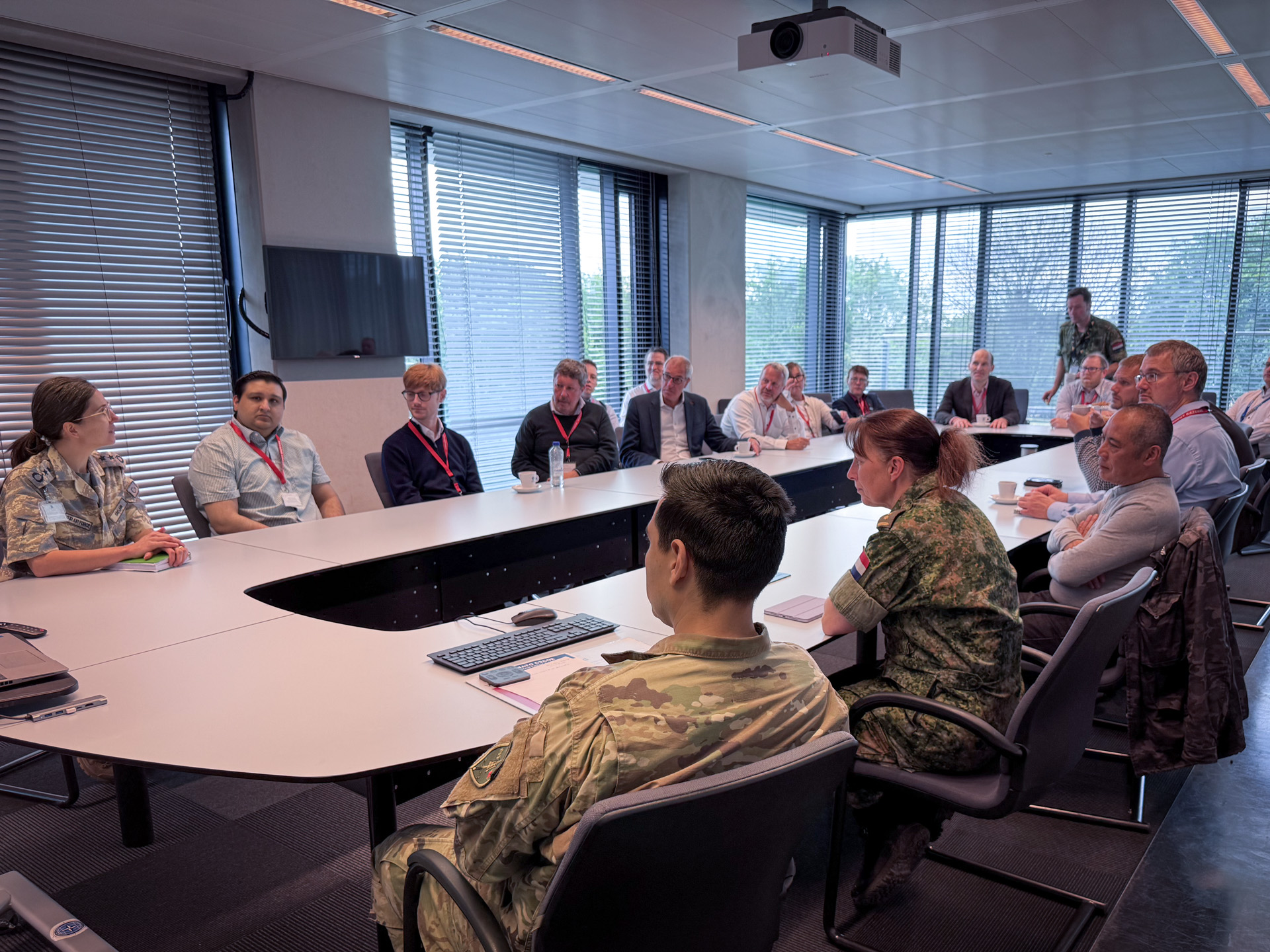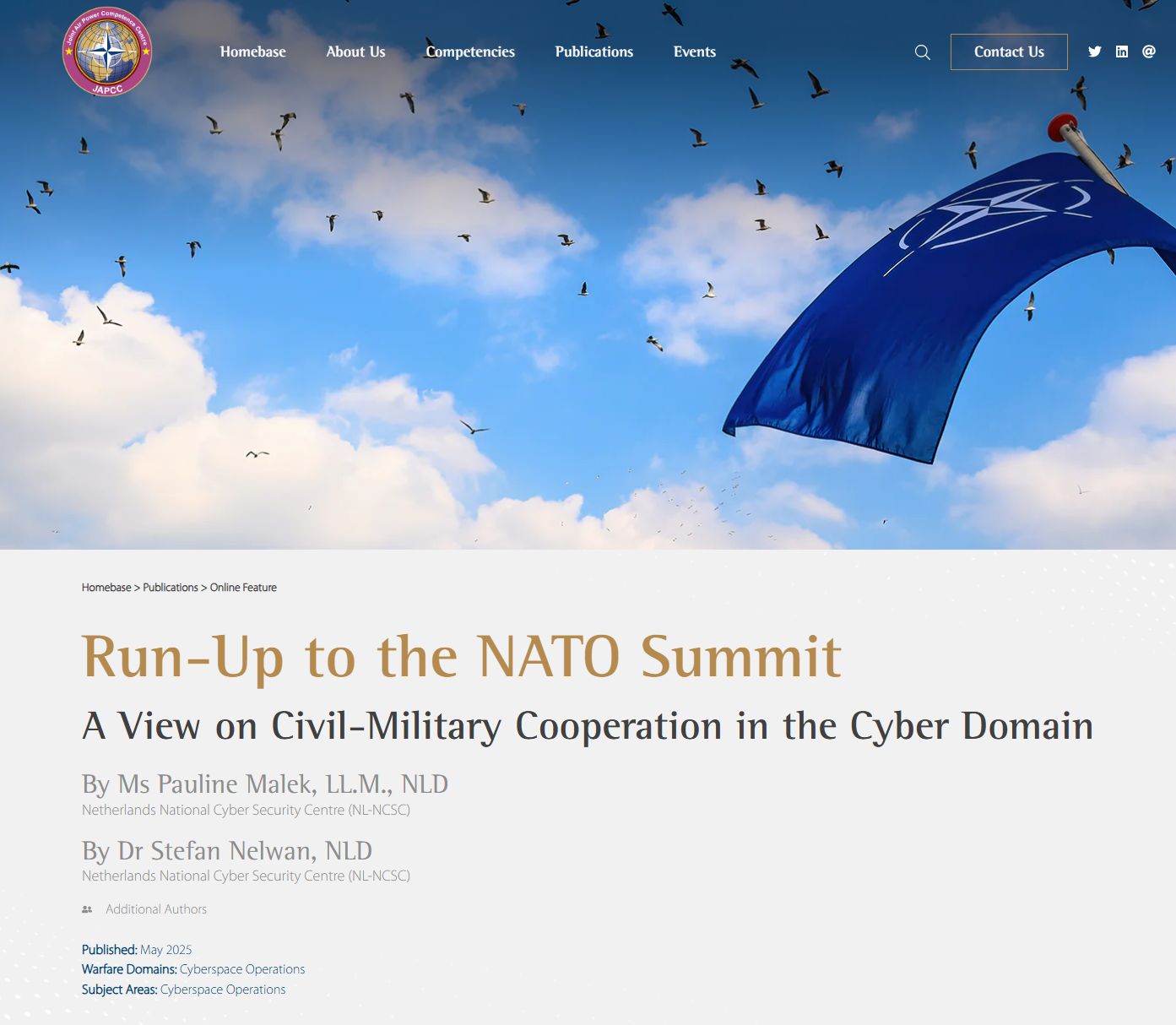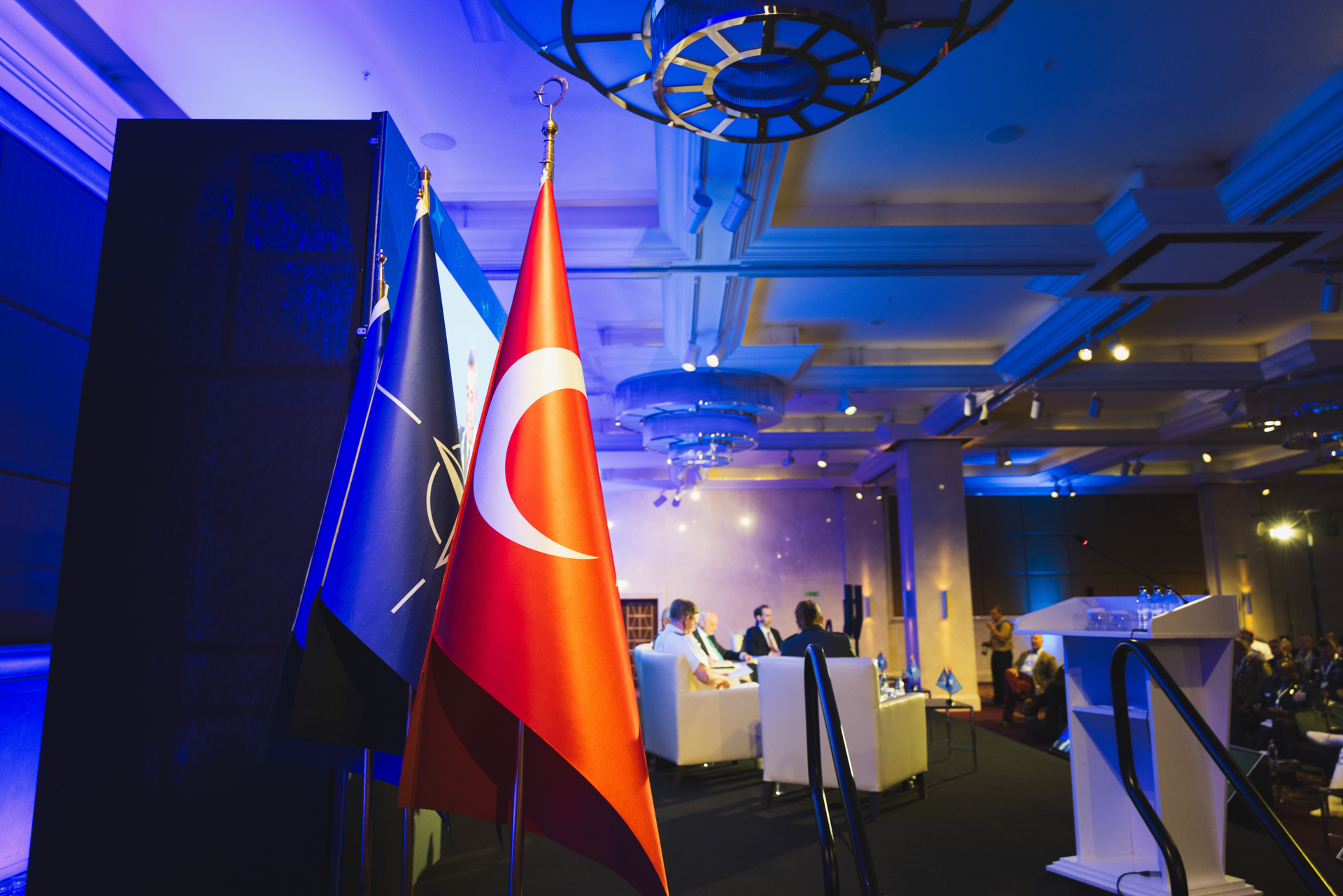- Version 2.0
- Download 787
- File Size 3.90 MB
- File Count 1
- Create Date 1 June 2019
- Last Updated 1 June 2019
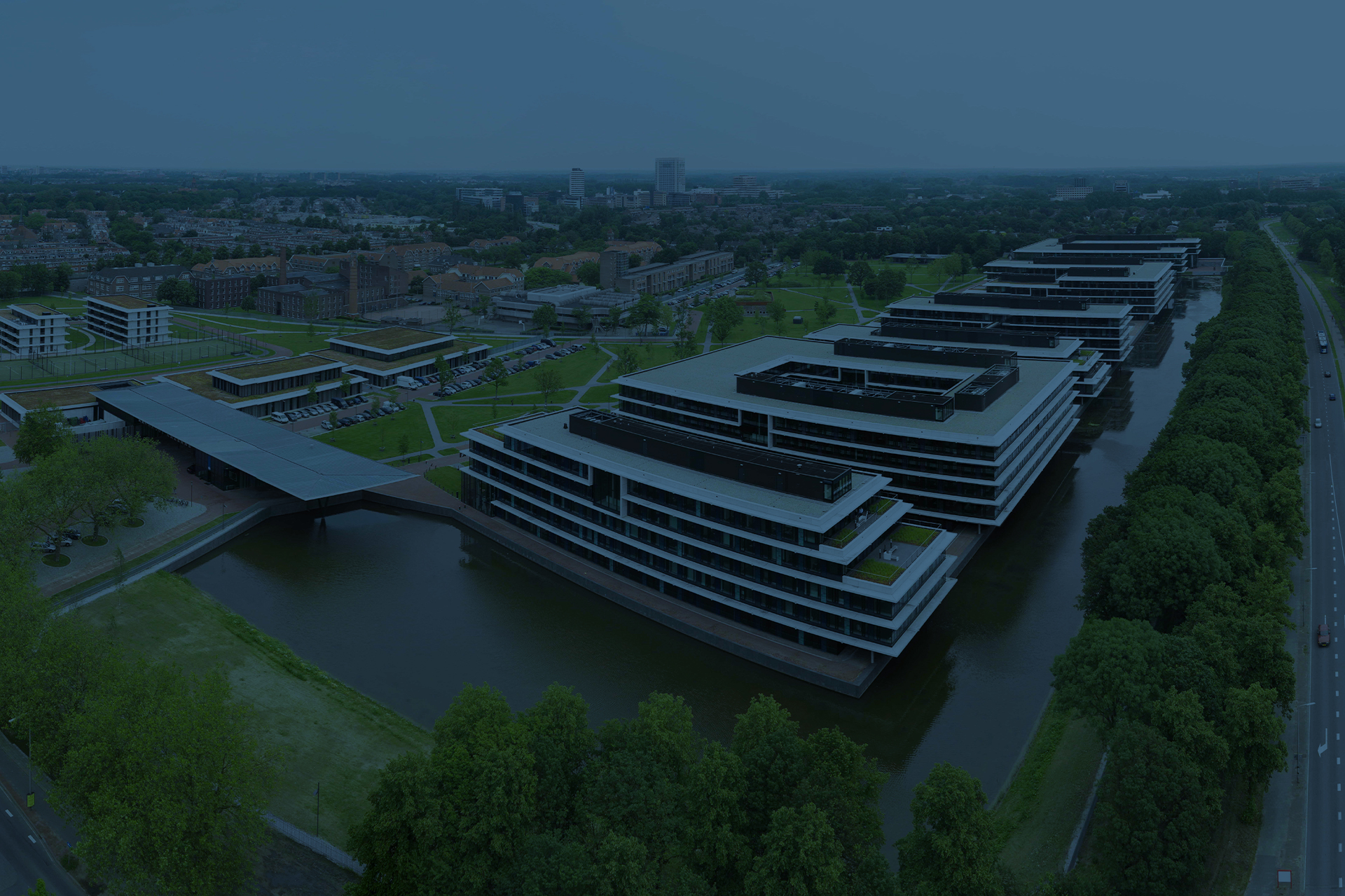
Home
The Future of the Command Post Part 2
The Future of the Command Post Part 2
Student login
Location
Kromhout kazerne Building K1, 4th floor
Herculeslaan 1, 3584 AB Utrecht
The Netherlands
Who are we?
We support NATO, Nations and International Institutions/organisations with subject matter expertise on Command and Control
Menu
Quick Links
NATO Command and Control Centre of Excellence
Copyright © 2024 - NATO Command and Control Centre of Excellence
This website is a product of the NATO Command and Control Center of Excellence (NATO C2COE). It is produced for information purposes only. It does not necessarily represent opinions or policies of NATO and/or the Sponsoring Nations of the NATO C2COE and it is designed to provide an independent opinion.

